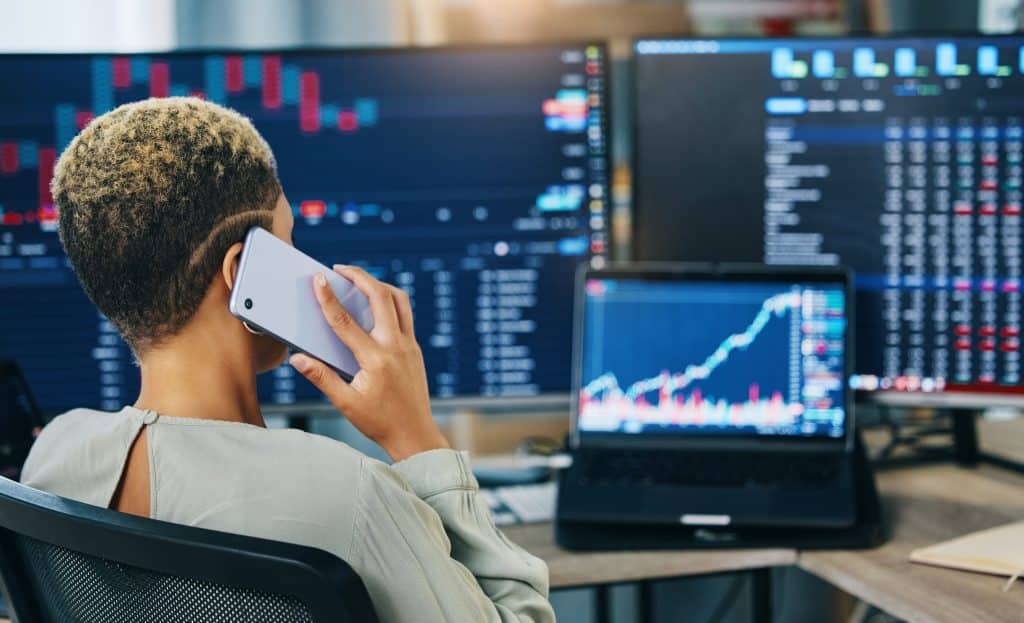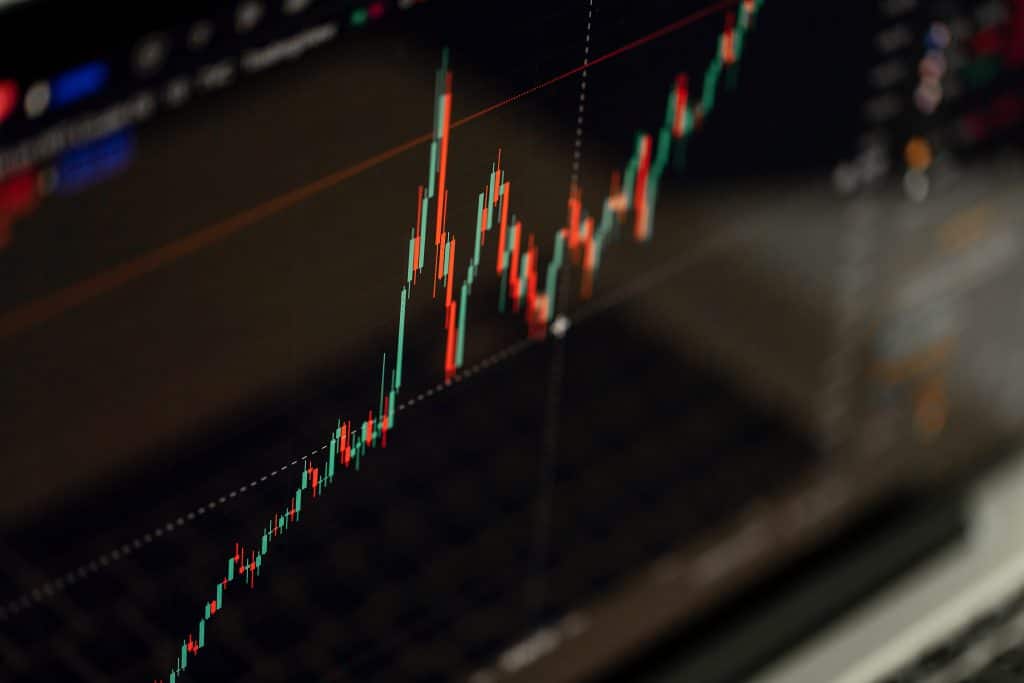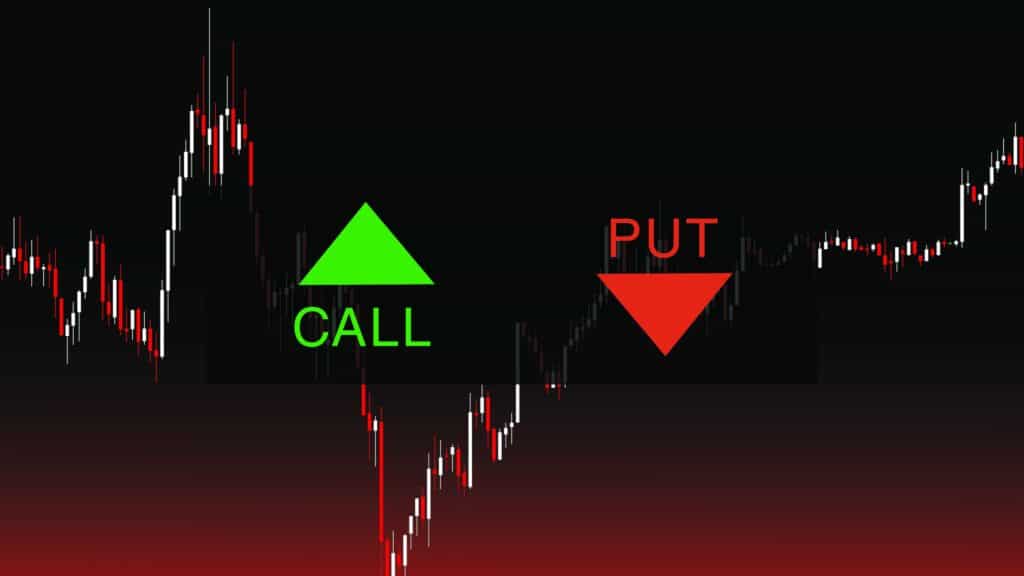Beginners Guide to Trade Futures
Beginners Guide to Trade Futures: A Gateway to Financial Growth
Understanding the Basics: What are Futures?
In simple terms, futures are contractual agreements traded on futures exchanges. They obligate the buyer to purchase, and the seller to sell, a specific quantity of an asset (like commodities, stocks, or bonds) at a predetermined future date and price. Unlike direct stock purchases, futures contracts deal with the promise of a future transaction, offering a unique investment avenue.
The Allure of Futures: Why Trade Them?
Futures trading offers several advantages, including leverage, hedging, and diversification. Leverage allows traders to control large contract values with a relatively small amount of capital, amplifying potential gains (and losses). Hedging with futures can protect against price fluctuations in other investments. Additionally, futures enable diversification, as they cover a wide range of asset classes.
Entering the Futures Market: First Steps for Beginners
The first step in futures trading is understanding the market and its nuances. It involves learning about different futures contracts, how the futures market operates, and the role of futures exchanges. Beginners should also familiarize themselves with the terminology and mechanisms of futures trading.
Choosing the Right Broker: A Key Decision
Selecting an appropriate broker is crucial. Key considerations include the broker’s fees, platform reliability, customer support, educational resources, and ease of deposit and withdrawal. It’s also important to ensure that the broker is registered with relevant regulatory bodies.
Understanding Margin and Leverage in Futures Trading
Margin and leverage are fundamental concepts in futures trading. Margin is a deposit required to open and maintain a futures position, acting as collateral. Leverage, meanwhile, refers to the ability to control large contract sizes with a relatively small capital outlay. However, it’s essential to understand that leverage can magnify both profits and losses.
Analysis Techniques for Futures Trading
Successful futures trading often hinges on effective market analysis. Fundamental analysis involves studying economic indicators, market trends, and other factors that influence asset prices. Technical analysis, on the other hand, focuses on price movements and chart patterns to forecast future price behavior.
Developing a Trading Plan: Your Blueprint for Success
A well-thought-out trading plan is essential. This should include your investment goals, risk tolerance, strategy, and criteria for entering and exiting trades. A good trading plan helps maintain discipline and can be a crucial factor in achieving trading success.
Risk Management: Safeguarding Your Investments
Effective risk management is key in futures trading. It involves setting stop-loss orders, diversifying positions, and only investing capital that one can afford to lose. Understanding and implementing risk management strategies is essential for safeguarding investments.
Common Mistakes and How to Avoid Them
Beginners often make mistakes like over-leveraging, ignoring risk management, and acting on emotions. Awareness of these common pitfalls and adopting a disciplined approach can help in avoiding them.
Advanced Strategies for Futures Trading
Once familiar with the basics, traders can explore advanced strategies like spread trading and hedging. These strategies can help in managing risks and enhancing potential returns.
Keeping Up with Market Trends
Staying informed about market trends and economic developments is crucial. Regularly following financial news, market reports, and economic calendars can provide valuable insights.
The Psychological Aspect of Trading
Futures trading can be psychologically challenging. It requires patience, discipline, and emotional control. Understanding the psychological aspects and developing a resilient mindset can greatly aid in successful trading.
Technological Tools for Futures Trading
Technology plays a significant role in futures trading. Various software and tools are available for market analysis, trade execution, and risk management. Utilizing these technological aids can enhance trading efficiency and effectiveness.
The Role of Regulatory Bodies in Futures Trading
Regulatory bodies like the Commodity Futures Trading Commission (CFTC) in the United States play a crucial role in overseeing futures markets. Understanding their role and adhering to regulatory guidelines is important for lawful and ethical trading.
Simulated Trading: A Risk-Free Way to Learn
Simulated trading platforms allow beginners to practice trading without risking real money. These platforms mimic real market conditions, providing a valuable learning experience.
Learning from the Experts: Tips and Tricks
Learning from experienced traders can provide practical insights and tips. Many successful traders share their knowledge through books, seminars, and online platforms.
Joining Trading Communities: Networking and Support
Participating in trading communities can offer support, networking opportunities, and shared learning experiences. These communities can be found online or through local investment clubs.
The Future of Futures Trading: Trends to Watch
The futures market is constantly evolving. Staying informed about emerging trends, technological advancements, and regulatory changes is important for future-ready trading.
Tax Implications of Futures Trading
Futures trading has specific tax implications that vary by country. Understanding these implications and planning accordingly is important for effective financial management.
Creating a Balanced Investment Portfolio with Futures
Futures can be part of a diversified investment portfolio. They offer opportunities for hedging and exposure to different asset classes, contributing to a balanced investment strategy.
Ethical Trading Practices in Futures Markets
Adhering to ethical trading practices is crucial for the integrity of the futures market. This includes avoiding manipulative practices and ensuring transparent and fair trading.
Global Futures Markets: Opportunities Beyond Borders
Exploring global futures markets can provide expanded trading opportunities and exposure to different economies and commodities. However, it also involves understanding international market dynamics and regulatory environments.
Continuous Learning: The Key to Futures Trading Success
The world of futures trading requires continuous learning and adaptation. Keeping up with market developments, refining strategies, and learning from experiences are essential for long-term success.
FAQs
- What are the benefits of trading futures for beginners?
Futures trading offers beginners the benefits of leverage, the ability to hedge, and exposure to a wide range of asset classes. It also provides opportunities for learning about different markets and investment strategies. - How much capital is needed to start trading futures?
The capital requirement varies based on the futures contract and the broker’s margin requirements. It’s possible to start with a relatively small amount, but it’s important to consider risk tolerance and diversification. - What are the major risks involved in futures trading?
The major risks include market volatility, leverage-related losses, and liquidity risks. Understanding and managing these risks is crucial. - Can futures trading be a full-time profession?
Yes, futures trading can be a full-time profession, but it requires significant knowledge, experience, and risk management skills. - How long does it take to become proficient in futures trading?
Proficiency in futures trading depends on the individual’s dedication to learning, practice, and experience. It can vary widely among traders. - Are there any specific books or resources recommended for learning futures trading?
There are many books and online resources available. Some popular ones include “Trading Commodities and Financial Futures” by George Kleinman and “Technical Analysis of the Futures Markets” by John J. Murphy.
Conclusion
Futures trading, while complex, offers a wealth of opportunities for financial growth and portfolio diversification. For beginners, it’s essential to approach this arena with knowledge, caution, and a well-thought-out strategy. By understanding the basics, managing risks, and continuously learning, anyone can embark on this exciting journey towards successful futures trading.
Happy Trading,

About The Author:
Billy Ribeiro is a renowned name in the world of financial trading, particularly for his exceptional skills in options day trading and swing trading. His unique ability to interpret price action has catapulted him to global fame, earning him the recognition of being one of the finest price action readers worldwide. His deep comprehension of the nuances of the market, coupled with his unparalleled trading acumen, are widely regarded as second to none.
Connect with us:




